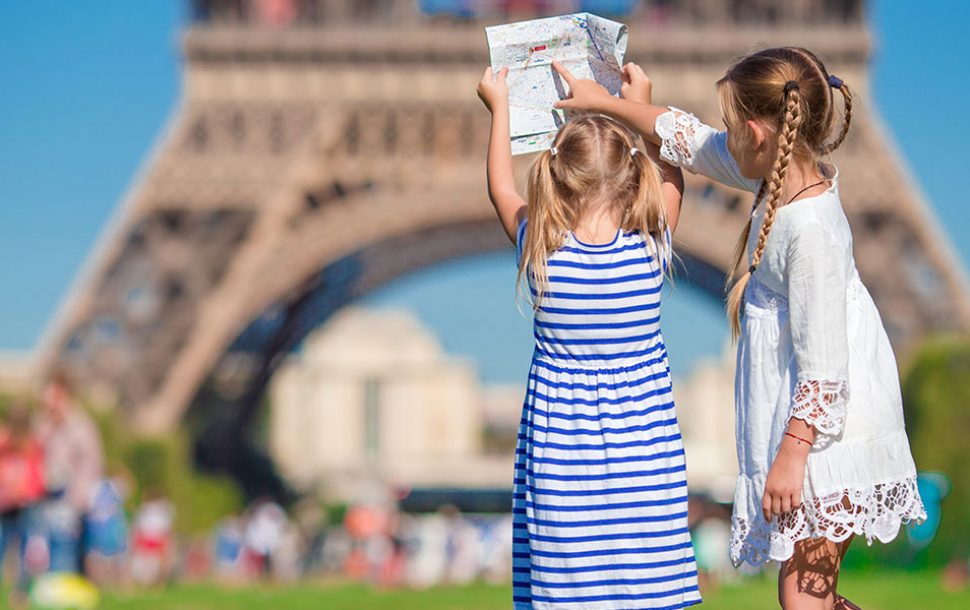Making sure our kids learn about history is super important. It helps us remember the past so we don’t make the same mistakes again. Even though some parts of history, like The Holocaust, are really sad, we need to know about them.
Nowadays, the best secondary schools often take students on trips to learn about these things. But as parents, we can do it too, especially during holidays. These trips can give a real experience that books just can’t.
But let’s be honest, not all kids jump for joy when it comes to history. Some would rather text their friends or play video games. That’s where we come in. We need to find ways to make history interesting.
History isn’t confined to textbooks and classrooms. It’s alive in the cities we walk through, the landmarks we visit, and the stories we hear. When children step into historical sites, they’re transported back in time. They see the architecture, walk the streets, and imagine what life was like. This experience makes history tangible and relatable.
Some parts of history can be heavy, like learning about The Holocaust. However, it’s crucial that we don’t shy away from these difficult topics. By visiting places like Anne Frank’s house in Amsterdam, children can gain a deeper understanding of the human impact of historical events. It’s an opportunity to foster empathy and compassion, ensuring that they carry the lessons of the past with them.
Educational trips also uncover hidden gems that aren’t always covered in textbooks. For instance, themed hotels like 30 James Street, with its Titanic stories, provide a unique learning experience. These places offer a more immersive understanding of significant events, sparking curiosity and a desire to learn more.
Museums are like time machines, offering a vivid window into different eras. They house artifacts, documents, and interactive exhibits that bring history to life. Exploring a museum isn’t a passive activity; it’s an adventure. Whether it’s marveling at ancient Egyptian relics, stepping into the shoes of Tudor-era inhabitants, or reflecting on the somber realities of the world wars, museums make history a dynamic and engaging experience.
Educational trips create opportunities for meaningful conversations between generations. Children get to hear stories from their parents and grandparents about historical events they may have lived through. This intergenerational exchange of knowledge strengthens family bonds and imparts a sense of continuity and belonging.
By taking learning outside the classroom, we show children that history is more than just a subject – it’s a living, breathing narrative that shapes our world. It ignites a curiosity that can lead to a lifelong love for history. This passion extends beyond school curriculum, encouraging self-driven exploration and a deeper understanding of the past.
In conclusion, embracing history beyond the classroom enriches a child’s education in profound ways. It transforms facts into experiences, dates into stories, and textbooks into living narratives. Through educational trips, we equip our children with a nuanced understanding of the past, empowering them to navigate the complexities of the present and future. So, let’s open the door to history and step through together.



